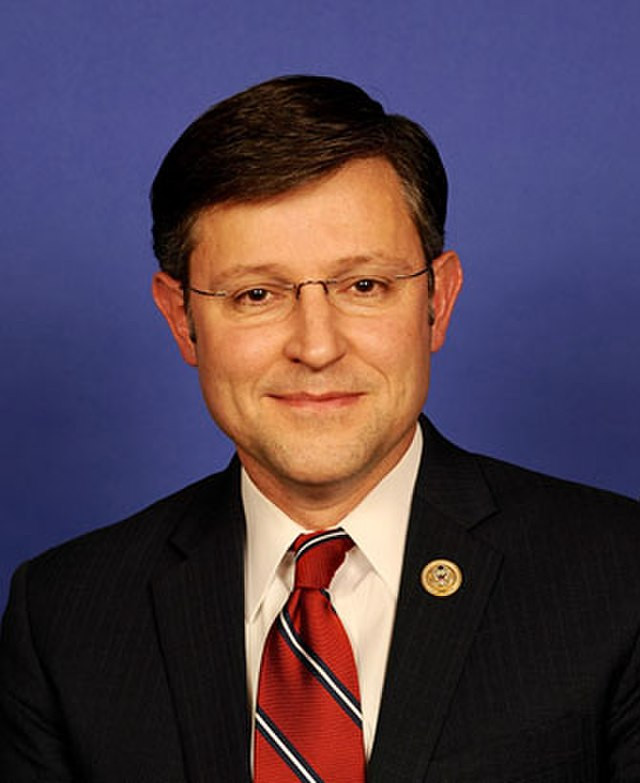In a fiery exchange that has intensified the political divide, House Speaker Mike Johnson has vehemently criticized President Joe Biden's recent comments at a San Francisco fundraiser, where the President suggested that today's Republican lawmakers are more problematic than past segregationist senators he has worked with, including Strom Thurmond.
Biden's remarks, aimed at the "extreme" MAGA Republicans and Donald Trump ahead of the 2024 elections, have drawn sharp rebuke from Johnson, who described the President's comparison as "outrageous" and an act of desperation given his low approval ratings.
At the heart of the controversy are Biden's assertions that the current group of GOP lawmakers fails to uphold "basic democratic principles," a charge that Johnson has countered by accusing the President of "playing the race card from the bottom of the deck." This clash comes amid significant legislative standoffs, notably Johnson's refusal to allow a House vote on a Senate-approved foreign aid bill that includes substantial support for Ukraine, Israel, and Taiwan.
Biden's comments have reignited discussions about his historical relationships with segregationist senators and his capacity to navigate the complex racial dynamics of past and present political landscapes. Despite acknowledging Thurmond's "terrible things," Biden highlighted the late senator's eventual support for the Voting Rights Act and his hiring of Black staff members as evidence of possible collaboration with individuals he fundamentally disagreed with.
The discourse has spilled over to social media platforms, with Democratic National Committee Chair Jamie Harrison defending Biden and critiquing Johnson's leadership of what he termed "the worst Congress in the history of all Congresses." Harrison's comments underscore the deepening rift and the challenges of achieving bipartisan cooperation on critical issues like government funding and foreign aid.
As the deadline for new spending legislation looms, with potential implications for government operations and international commitments, the political stakes continue to rise. The impasse over the foreign aid package and the broader legislative gridlock reflect the entrenched positions on both sides, with Johnson pushing for border security provisions and Biden urging the House to consider the Senate's proposal.
The ongoing dispute not only highlights the ideological chasms within the U.S. political system but also raises questions about the potential for reconciliation and effective governance. As both parties prepare for the upcoming electoral cycle, the fallout from Biden's fundraiser remarks and Johnson's response may well shape the narrative and strategies in the lead-up to the 2024 Presidential elections.






